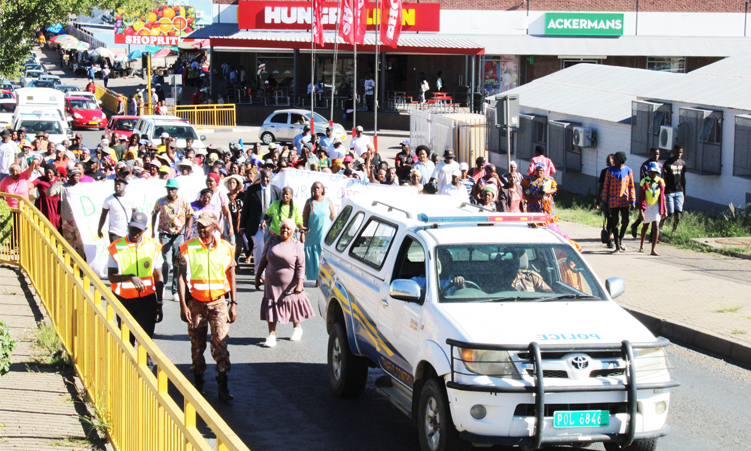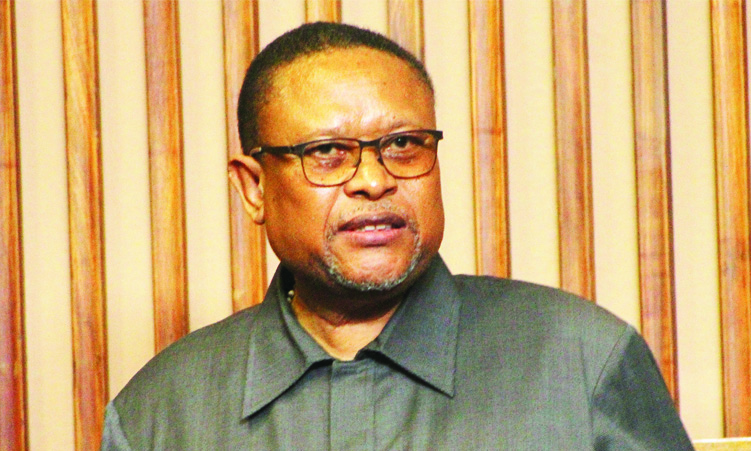NAMIBIA IS IN desperate need of radical social, economic and political reform. Over the past several years, the country has witnessed increasing protests to demand better living conditions.
This week, cleaners employed by the Windhoek municipality dumped rubbish on the streets of the city’s age-old central business district (CBD), once an alluring place that gave the Namibian capital bragging rights to being the cleanest city in Africa.
Until recently, most protests have been peaceful with violence often deployed by law enforcement agencies.
What happened this week in Windhoek is a sign of people so desperate for job security that they vandalised the very place from which they make a living.
Namibians, especially the ruling elite, need to be responsive to people’s plight and their outcry for a better life.
Kenaumue Kanambunga, one of the protesters, said they dumped the rubbish in the CBD to force the municipality to listen to their concerns. He has worked for the municipality since 2017 on a month-to-month contract.
They began what the city council calls an illegal strike on Monday. By Wednesday, the contract cleaners, fed up at being ignored, turned the CBD into a rubbish dump.
“We are tired of working on [month-to-month] contracts with no guarantee we will [have a job] the next month. If this is the way to get their attention, then so be it,” Kanambunga said.
Sadly, the Windhoek municipality’s response was to fight trash with threats of clamping down on the protesters with no indication of addressing the grievances of the people they rely on to keep the city relatively free from rubbish.
Protests that descend into destruction of infrastructure are a slippery slope from which societies often fail to recover.
Authorities should not give in to violent protests, but ignoring a legitimate outcry for a better life can only push desperate people to a point of destruction, and self-destruction for that matter.
It will be a sad day if Namibia starts to see the destruction of public infrastructure such as schools, hospitals, roads and market places, as often seen in South Africa and other countries on the continent.
The destruction of infrastructure harms the entire population, particularly the poorest in society.
Protest leaders, and particularly the ruling elite, must avoid letting the destruction of public infrastructure find an outlet in what is otherwise legitimate political action during public demonstrations.
Stay informed with The Namibian – your source for credible journalism. Get in-depth reporting and opinions for
only N$85 a month. Invest in journalism, invest in democracy –
Subscribe Now!






